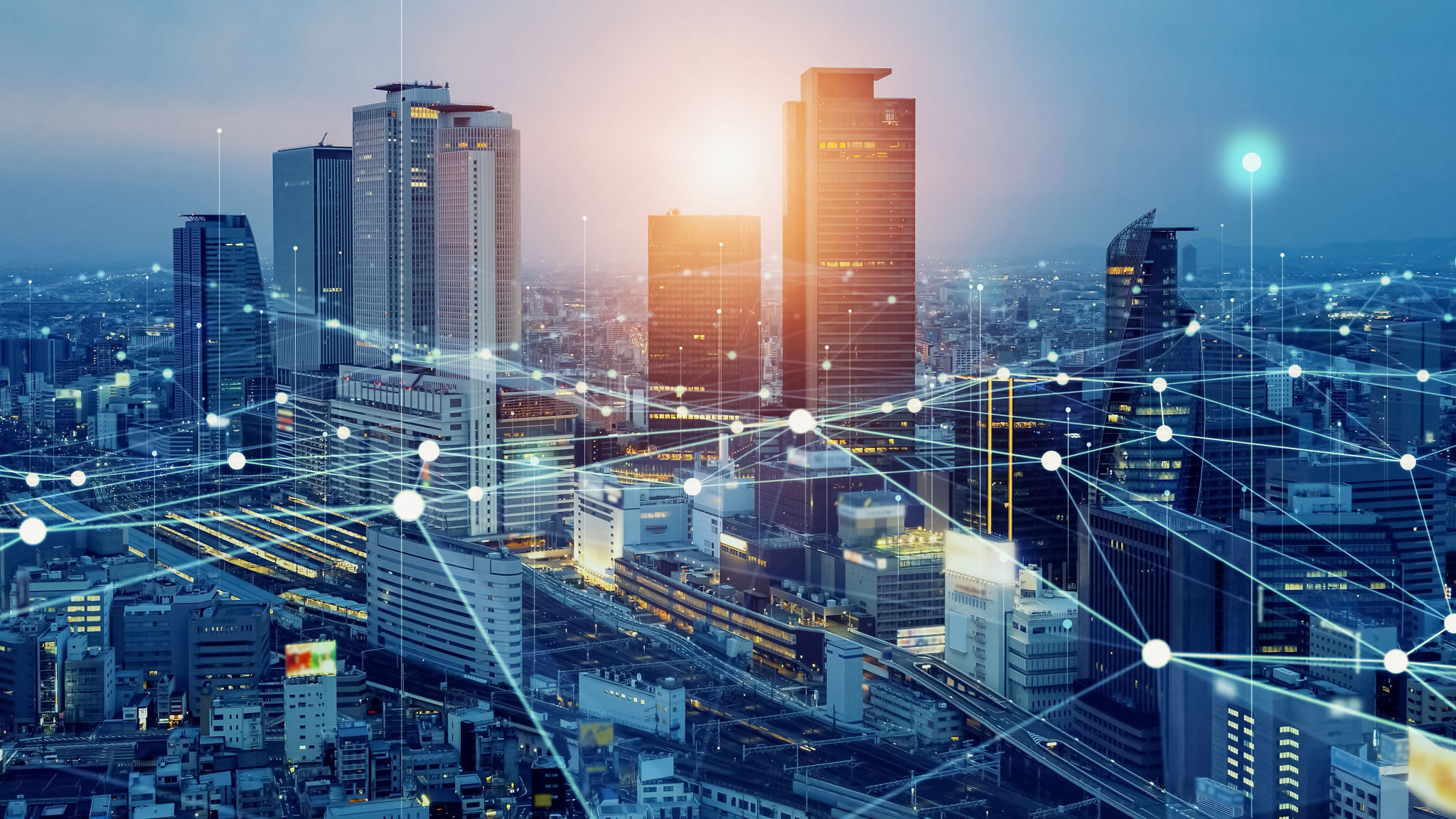The Role of Agentic AI in Sustainable Urban Development
AI
Understanding Agentic AI
Agentic AI refers to artificial intelligence systems that possess autonomy and decision-making capabilities. Unlike traditional algorithms that require explicit instructions, agentic AI can evaluate situations, make decisions, and learn from outcomes. This makes it particularly valuable in dynamic and complex environments such as urban development.
In sustainable urban development, agentic AI plays a critical role by enabling more efficient resource management and enhancing the quality of life for urban residents. It offers innovative solutions that are adaptable to changing conditions, which is essential for sustainability.

Optimizing Urban Infrastructure
One of the key applications of agentic AI in sustainable urban development is its ability to optimize infrastructure. By analyzing vast amounts of data from various sources, agentic AI can predict maintenance needs and improve the efficiency of transportation systems. This not only reduces costs but also minimizes energy consumption and environmental impact.
For instance, agentic AI can manage traffic lights to reduce congestion and emissions by responding in real-time to traffic conditions. Similarly, it can optimize public transportation routes to enhance accessibility and reduce travel time, encouraging more people to use eco-friendly transit options.

Enhancing Energy Efficiency
Energy management is a crucial aspect of sustainable urban development. Agentic AI contributes by optimizing energy usage in buildings and public spaces. It can control heating, cooling, and lighting systems based on occupancy patterns and weather forecasts, significantly reducing energy wastage.
Moreover, agentic AI supports the integration of renewable energy sources into the urban grid. It can dynamically balance supply and demand, ensuring a stable energy supply while maximizing the use of clean energy.
Facilitating Sustainable Urban Planning
Urban planning requires a comprehensive approach that considers multiple factors such as population growth, environmental impact, and resource allocation. Agentic AI aids planners by providing data-driven insights and predictive models that inform decision-making processes.

By simulating various development scenarios, agentic AI helps identify sustainable solutions that align with long-term goals. It can evaluate the potential impact of new infrastructure projects and suggest modifications to enhance sustainability and resilience.
Promoting Community Engagement
Beyond technical applications, agentic AI can also foster community engagement in urban development projects. By analyzing social media trends and public feedback, it helps identify community needs and preferences, ensuring that development initiatives are aligned with residents' priorities.
This participatory approach not only enhances the relevance of urban projects but also builds trust between authorities and the community, paving the way for more successful implementation of sustainable initiatives.

Challenges and Future Prospects
While agentic AI holds significant promise for sustainable urban development, it also presents challenges such as ethical considerations and data privacy concerns. Ensuring transparency and accountability in AI decision-making processes is crucial to gaining public trust.
Looking ahead, the integration of agentic AI with emerging technologies such as the Internet of Things (IoT) and 5G will further enhance its capabilities. This will lead to even smarter cities that are better equipped to tackle the challenges of sustainability.
In conclusion, agentic AI is a powerful tool that can drive sustainable urban development by optimizing resources, enhancing infrastructure, and fostering community engagement. As technology continues to evolve, its role in creating livable and resilient urban spaces will only grow stronger.
